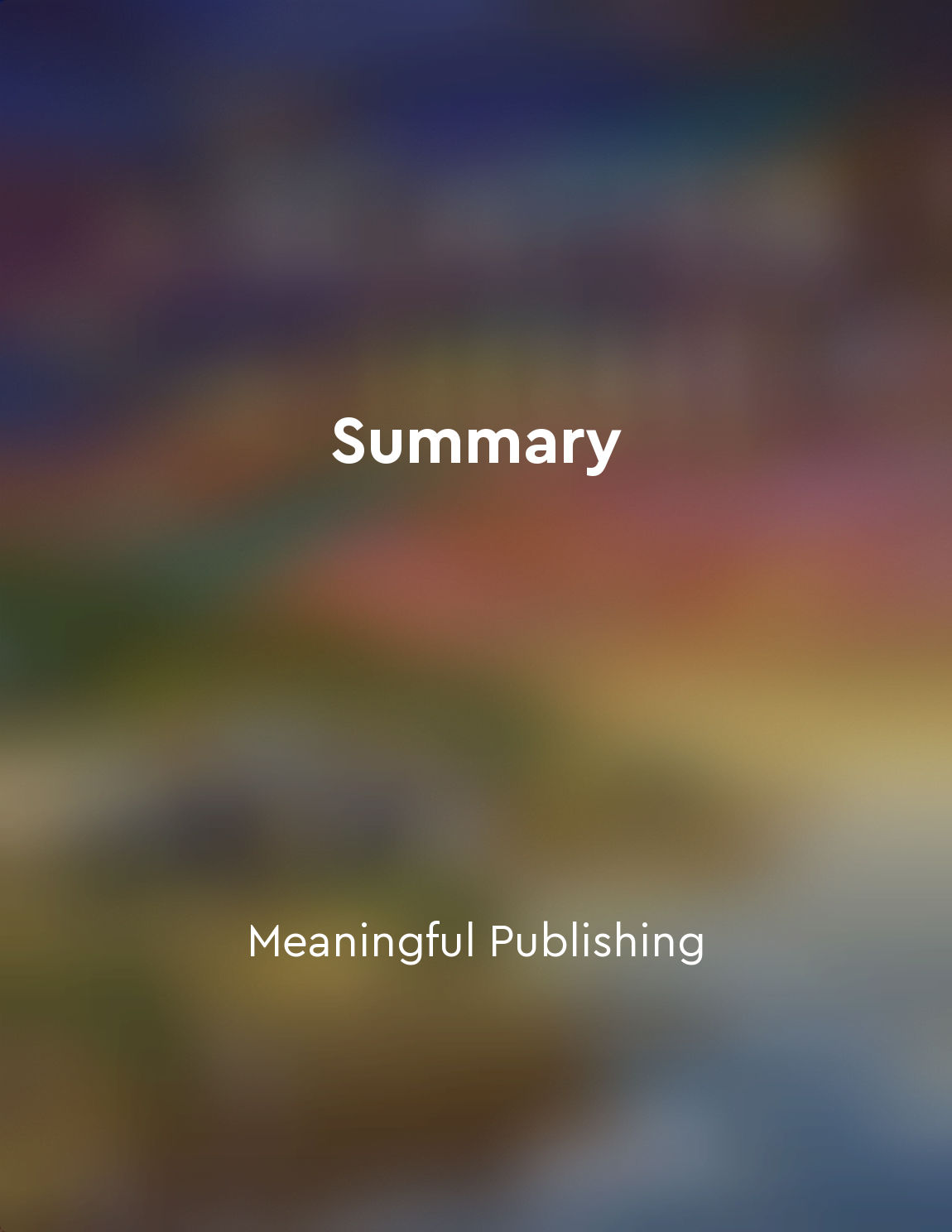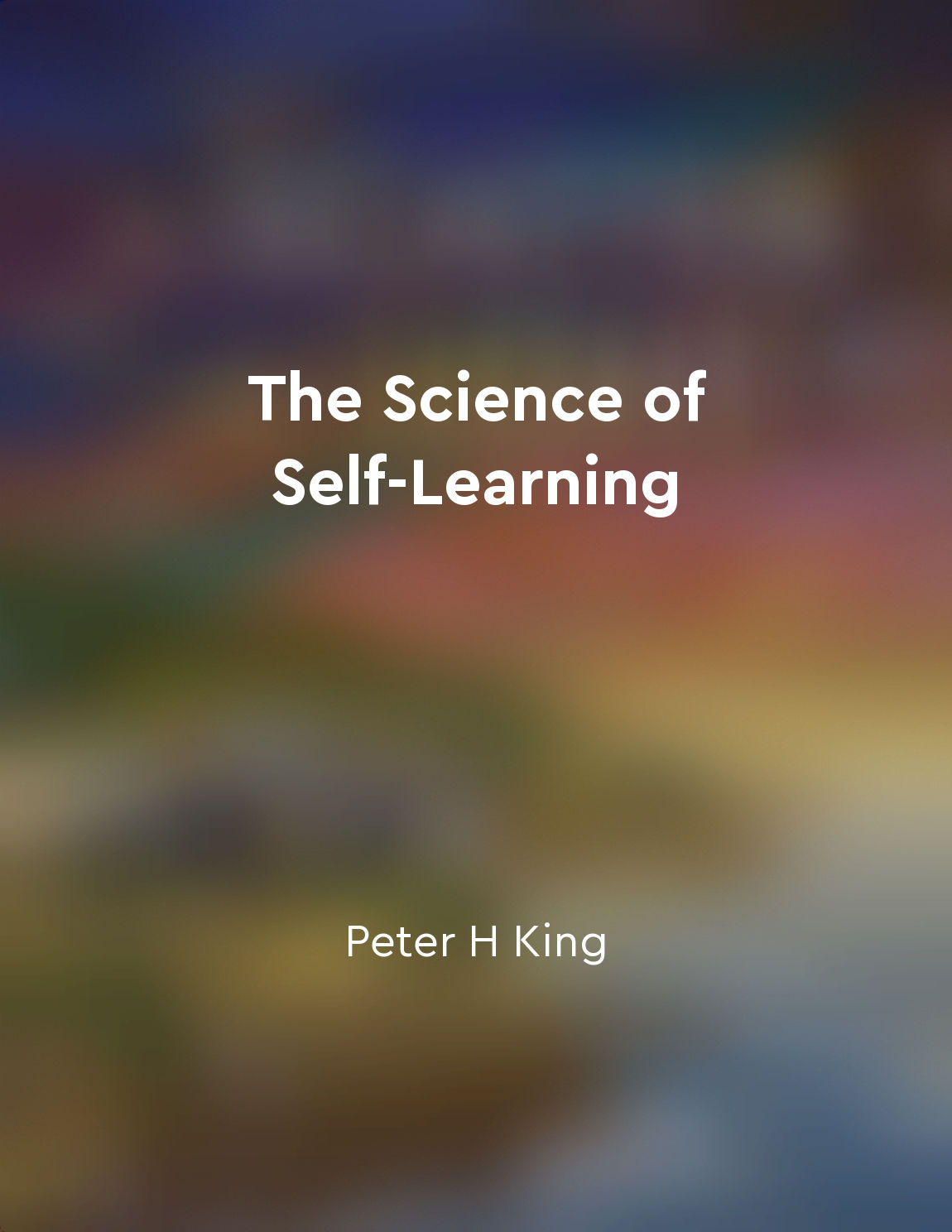Collaboration fosters improvement from "summary" of The Teaching Gap by James W. Stigler,James Hiebert
The key to improving teaching lies in collaboration. When teachers work together, share their ideas, and learn from each other, they are able to grow and develop in ways that would not be possible on their own. This collaborative process allows teachers to see different perspectives, learn new strategies, and reflect on their own practices in a supportive environment. In our research, we found that teachers who worked together in professional learning communities were more likely to try new approaches, experiment with different teaching strategies, and ultimately improve their instruction. By discussing their successes and challenges with colleagues, teachers were able to gain valuable feedback and insights that helped them refine their practice. Collaboration also fosters a sense of camaraderie and shared purpose among teachers. When educators come together to work towards a common goal – improving student learning – they are able to support each other, hold each other accountable, and push each other to be the best teachers they can be. This sense of community creates a positive and motivating environment for teachers to continuously strive for improvement. Furthermore, collaboration allows teachers to leverage each other's strengths and expertise. By working together, teachers can pool their knowledge, skills, and resources to create more effective instructional practices. This collective knowledge sharing and problem-solving approach can lead to innovative solutions and improved outcomes for students.- Collaboration is the key to unlocking the potential for improvement in teaching. When teachers come together, share their ideas, and support each other in their professional growth, they are able to enhance their practice, elevate student learning, and ultimately make a positive impact in the classroom. By fostering a culture of collaboration, schools can create an environment where teachers thrive, students succeed, and everyone benefits from the collective effort towards continuous improvement.
Similar Posts
Applying cognitive psychology principles to enhance learning outcomes
To enhance learning outcomes, it is crucial to understand how the brain processes information and acquires knowledge. Cognitive...
Recognizing cultural context in learning
Understanding the cultural context in which learning takes place is crucial for effective education. Cultural context refers to...

Learn from failure
Failure is often seen as a negative outcome, something to be avoided at all costs. However, failure can actually be a valuable ...

Seeking feedback to improve performance
Feedback is a critical component of the learning process. It provides valuable insights into our performance and helps us ident...
Acknowledge the interconnectedness of ideas
To truly grasp a concept, one must understand that ideas are interconnected. Each idea is not isolated but rather intertwined w...
Every individual has the potential for greatness
The belief that every individual possesses the potential for greatness is a fundamental principle that resonates deeply with me...
Utilize effective questioning techniques
Effective questioning is a key tool in a teacher's arsenal. It allows us to probe students' understanding, challenge assumption...
Engaging in collaborative learning experiences
Collaborative learning experiences are a valuable tool for enhancing your understanding of new concepts. By working with others...
Teacher accountability became a hotbutton issue
In the realm of American education, the notion of holding teachers accountable for their actions and performance has sparked he...

Break down complex concepts into simpler parts
One effective strategy in mastering complex concepts is to deconstruct them into smaller, more manageable parts. By breaking do...

